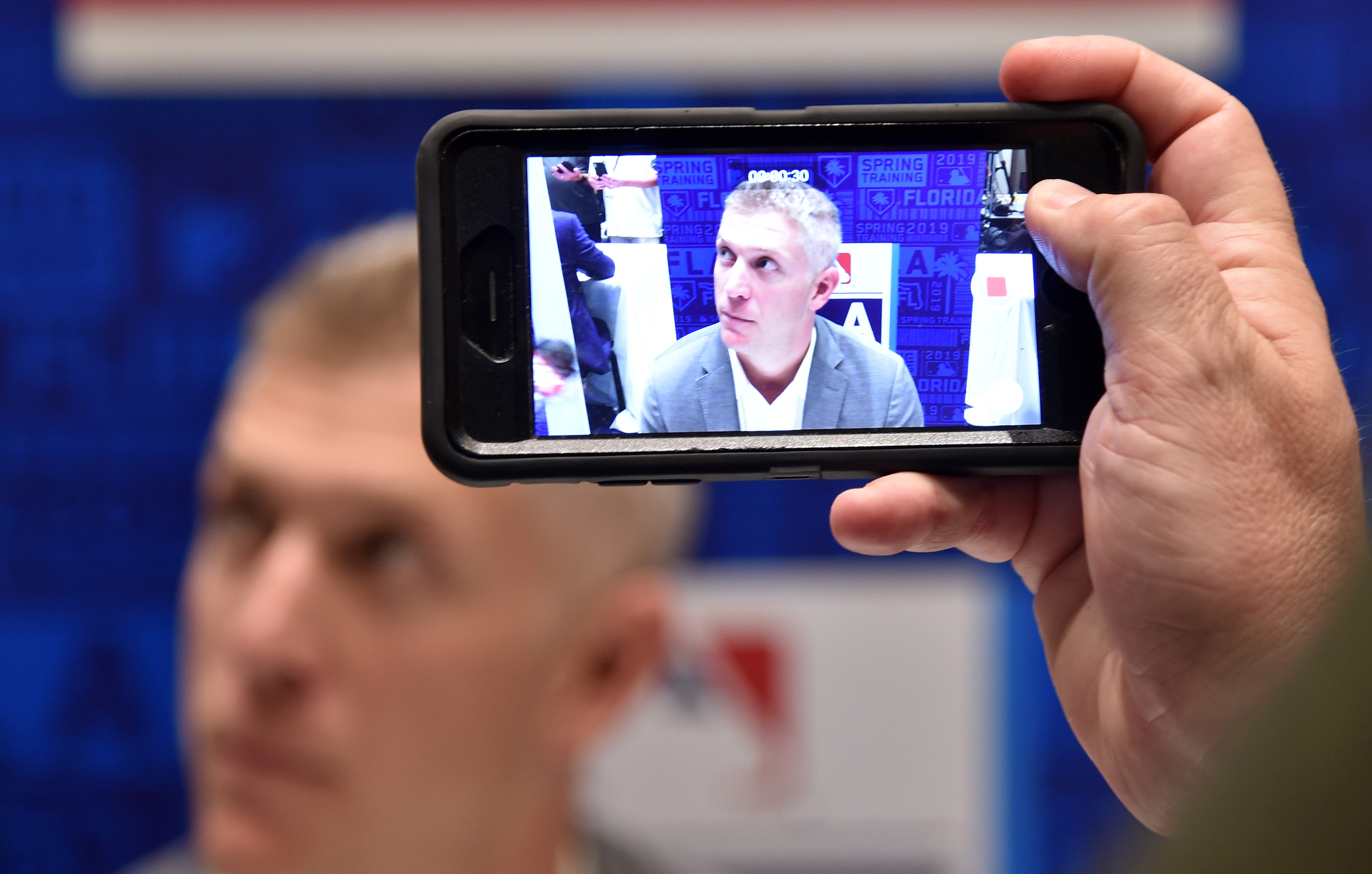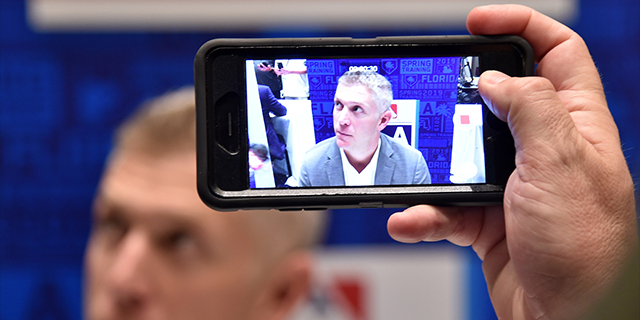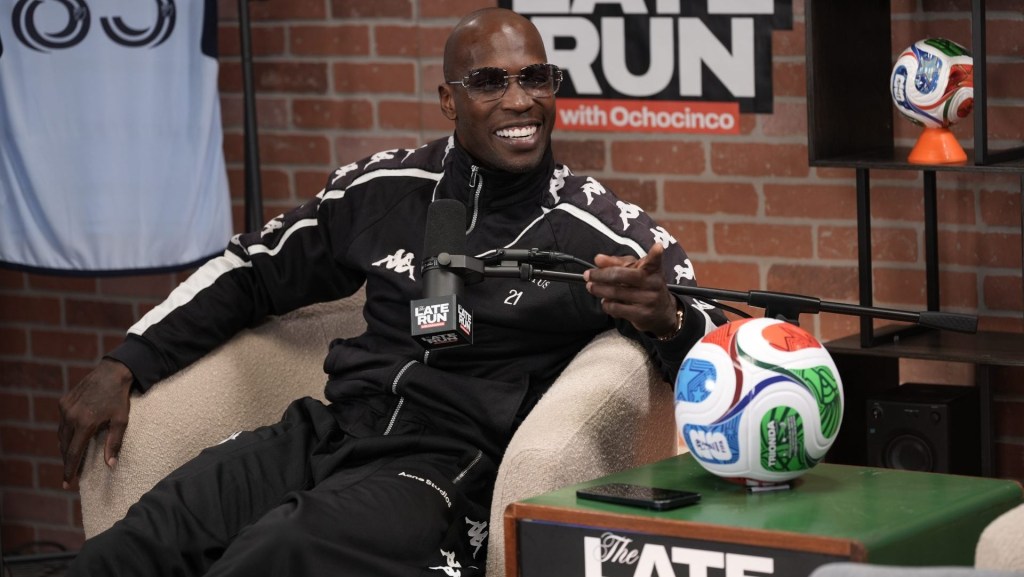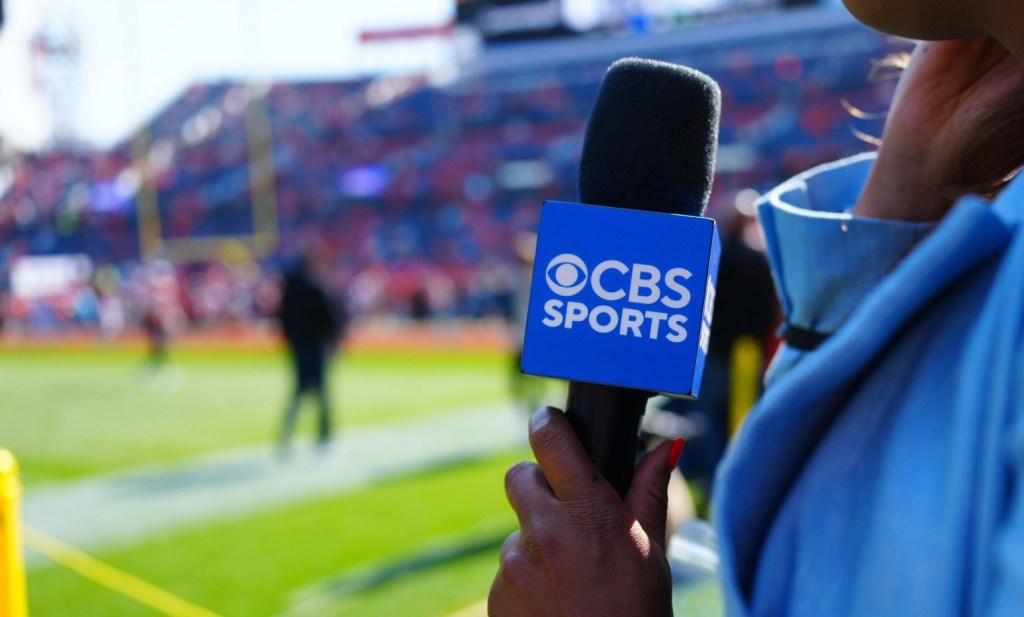
Photo Credit: Steve Mitchell-USA TODAY Sports
Generation Z is already impacting modern culture and that’s unlikely to change.
The generation, born after 1997, will make up 40 percent of consumers by 2020 and already has a direct spending impact of $143 billion dollars. A recent panel at South by Southwest discussed strategies to capture their attention, as well as how Gen Z will radically shift the way content is distributed.
“They’re going to be huge,” said Kathleen Grace, CEO of the production studio New Form. “They’re coming for us, and it’s pretty cool. They consume differently than any other generation.”
READ MORE: Bleacher Report Is Focused on the Second Generation of Social Media
The under-22 demographic consumes more than 3.5 hours of video daily, a majority of which is on mobile devices, according to Dude Perfect Chief Business Officer Jeff Toney. Much of the video is consumed in short snippets and by brand influencers connecting with the audience, a strategy that cultivates a special trust as well as offering plenty of engagement for those content creators nimble enough to stay ahead of the curve.
“You can’t become predictable,” Toney said. “One unfortunate thing is the generation is a little ADD, ‘Entertain me now if, I don’t like it, I have 1,000 other options to be distracted with.’ … The challenge is between continuing something that is popular and doubling down on what works, but, in parallel, introducing fresh, new concepts to continue to engage the audience.”
The impact on sports is yet to be fully felt, but it’s coming, said John West, founder of Whistle, a sports and entertainment media brand.
“The young generation is redefining sports; less watching on TV, less attending live traditional sports,” West said. “They’re still followers, but on social and they’re able to follow niche, non-traditional sports.”
That surge in non-traditional sports activity is driven by direct involvement The proliferation of digital media allows participatory sports to reach more people looking to try and improve instead of passively watching elite athletes. Activities such as CrossFit and rock climbing benefit from improved exposure, which in turn can help spur participation numbers. But West, who has three children in Generation Z, said he often sees them outside recreating videos they see on platforms like Dude Perfect, from there they film it, edit it and add music before sharing and challenging their peers.
[mc4wp_form id=”8260″]
“To us, sports has been defined by leagues,” Toney said. “Traditionally, it’s only a select few who can compete on the professional level. But people who don’t have those inherent genes are competitive and like to compete with friends.”
Advertising consumption habits are beginning to change with those content shifts.
A Nielsen study found the demographic has an 86 percent recall rate of products, suggesting massive potential for stickiness. But according to West, Generation Z is also more likely to find content when it’s shared by a friend and allows them to engage directly. It’s incumbent platforms to provide the influencers and creators to establish genuine and authentic relationships with their key audience, which Generation Z users feel they can trust more.
“This generation views social influences and creators as their new celebrities,” West said. “There’s a relationship that can be developed that is tough to develop with LeBron James and Tom Brady.”
To that end, Toney said it’s important for creators to give users a view behind the curtain to get to know them better. For sports teams, in particular, that means showcasing its athletes away from competition. By and large, Generation Z cares far more about the name on the back of the jersey than the front. “When I was growing up, I’d follow the Detroit Tigers, doesn’t matter who’s on the team,” Toney said. “Nowadays, you’re not following a sport, you’re following a player because they fall in love with the personalities.”
READ MORE: How 3 Prospects Grew Their Personal Brands off the Field Before the NFL Combine
West said that despite how much older generations want to believe the social influence won’t stick, he doesn’t expect this media model to go anywhere.
“It’s amazing to me in traditional media and sports, they’re still skeptical the influencer is a fad,” he said. “We don’t see any data that when a 24-year-old turns 25, they un-wire. The habits they’re forming now are generational shifts that grow up with them.
“Embracing the power of social entertainers and the brands they’ve built organically is step one.”
It’s up to sports media to adapt accordingly.



![[Subscription Customers Only] Jun 15, 2025; Seattle, Washington, USA; Botafogo owner John Textor inside the stadium before the match during a group stage match of the 2025 FIFA Club World Cup at Lumen Field.](https://frontofficesports.com/wp-content/uploads/2026/02/USATSI_26465842_168416386_lowres-scaled.jpg?quality=100&w=1024)
![[Subscription Customers Only] Jul 13, 2025; East Rutherford, New Jersey, USA; Chelsea FC midfielder Cole Palmer (10) celebrates winning the final of the 2025 FIFA Club World Cup at MetLife Stadium](https://frontofficesports.com/wp-content/uploads/2026/02/USATSI_26636703-scaled-e1770932227605.jpg?quality=100&w=1024)












